View count:
19
Speakers
10:00 Colloquium Talk: TG4
Dr. Hong-Yan Shih (ASIoP)
Title: Statistical model and universality class of transitional turbulence
Abstract:
TBA
11:00 Colloquium Talk: TG3
Prof. Tay-Rong Chang (NCKU)
Title: Pure Orbital Chern Insulators in Two-dimensional Phosphorene
Abstract:
The exploration of ground-state topology in quantum materials has led to the
discovery of a variety of exotic topological phases with unconventional Hall
responses. In two-dimensional systems, Chern insulators exhibit the quantum
anomalous Hall effect, while spin Chern insulators underlie the quantum spin Hall
effect. Extending beyond charge and spin, recent advances in orbitronics have
revealed a transverse response of orbital angular momentum—known as the orbital
Hall effect.
In this talk, I will introduce a comprehensive framework for understanding orbital
Chern insulators (OCIs)—topological phases characterized by a nontrivial orbital
degree of freedom. We not only establish the theoretical foundations of OCIs but
also identify two-dimensional phosphorene as a promising material platform for
their realization. Our findings open new avenues for orbital topology in materials
science and could pave the way for novel topological phases and orbitronics-based
applications.
14:00 Colloquium Talk: TG2
Dr. Meng-Ru Wu (ASIoP)
Title: Neutrinos from stellar explosions as key portals for probing astrophysics and fundamental physics
Abstract:
Neutrinos interact with known particles mainly via the weak interaction, making them ideal messengers for probing the deep interiors of stars, stellar explosions, and sites of cosmic-ray acceleration. Moreover, their potential interactions with particles beyond the Standard Model (bSM) may open new avenues for testing various bSM scenarios. In this talk, I will discuss the challenges and recent progress in the theoretical modeling of neutrino transport in stellar explosions. I will also touch on high-energy neutrino production in astrophysical sites responsible for heavy-element synthesis, as well as prospects for probing unknown interactions between dark matter and Standard Model leptons.
15:00 Colloquium Talk: TG1
Prof. Guin-Dar Lin (NTU)
Title: Quantum simulation and computation with natural and artificial atomic systems
Abstract:
Atomic and artificial atomic systems provide a versatile platform for exploring and harnessing quantum dynamics for both computation and simulation. Central to this versatility is the ability to engineer interactions (whether optical, microwave, or motional) and to control coupling between localized quantum states and collective modes. This talk presents recent progress across several implementations that exemplify this unified approach. One-dimensional waveguide-QED systems, incorporating superconducting transmons or YIG spheres, enable controlled studies of light–matter interactions, revealing cooperative effects such as resonant dipole-dipole interactions, superradiance, and quantum-limited amplification. In parallel, trapped ion arrays combined with optical tweezers offer a rich testbed for simulating bosonic lasing mechanisms through phonon mode engineering, capturing features like threshold behavior and spectral narrowing in a fully controllable setting. To address the scalability challenge inherent in ion-trap quantum computing, a novel ion shuttling approach has been developed that enables flexible and efficient entangling operations across spatially distributed qubits. Taken together, these developments illustrate a coherent strategy for advancing quantum technologies by leveraging the shared language of collective modes, engineered couplings, and flexible quantum control across distinct physical platforms.


![NCTS-Phys 2025 Summer Colloquium [Banner]](/uploads/seminar_banner_image/file/6863580c98bbfbb1e98461f1/NCTS-Phys_2025_Summer_Colloquium__Banner_.png)
